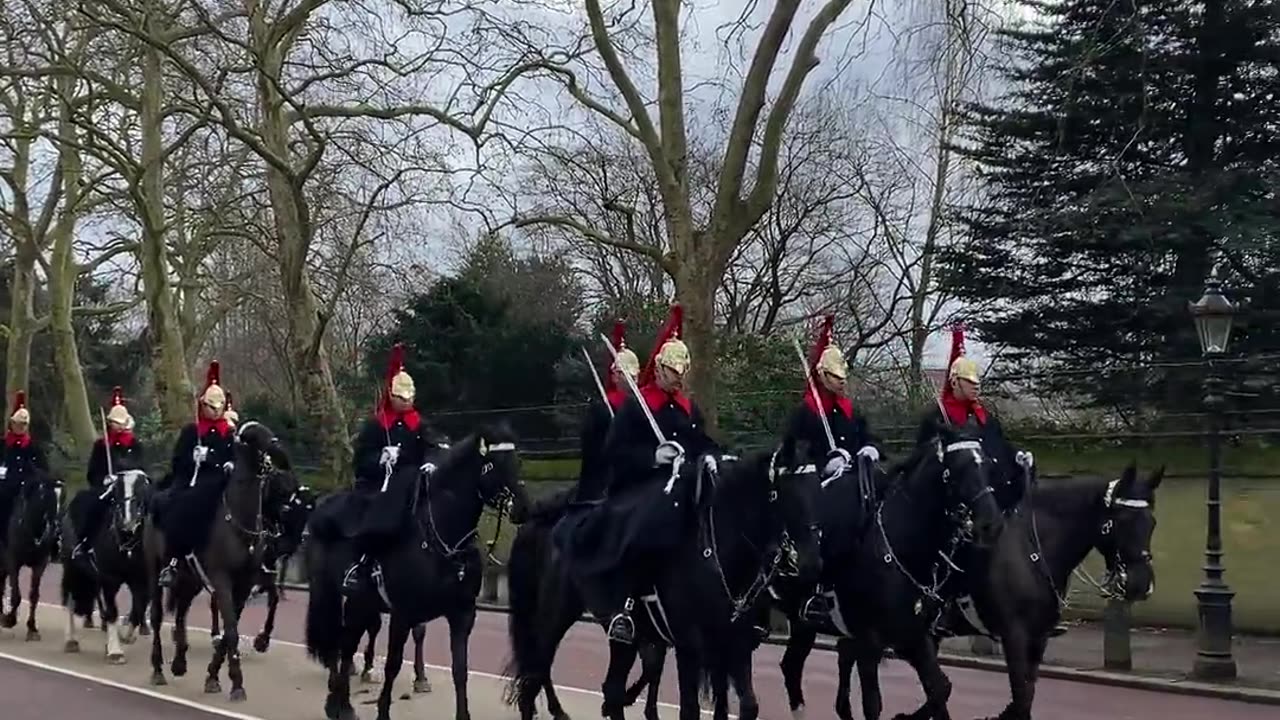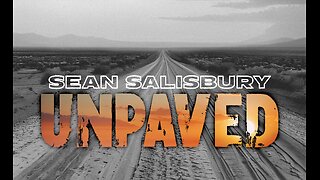Premium Only Content

The British Army in PalestineIn the aftermath of the Second World War (1939-45),
The British Army in PalestineIn the aftermath of the Second World War (1939-45),
Pure Waves
1
Likes
10
Views
26 May
2023
the British Army found itself stuck in the middle of a growing conflict between Arabs and Jews in Palestine. The momentous events that followed led to the creation of the State of Israel.
Troops of 6th Airborne Division searching a Jewish immigrant ship, Haifa, 1948
Troops searching a Jewish immigrant ship, Haifa, 1948
Promises
In 1917, in order to win Jewish support for Britain's First World War effort, the British Balfour Declaration promised the establishment of a Jewish national home in Ottoman-controlled Palestine.
However, the British had also promised Arab nationalists that a united Arab country, covering most of the Arab Middle East, would result if the Ottoman Turks were defeated.
When the fighting ended in 1918, with the Ottoman Empire defeated on every front, neither promise was delivered.
General Sir Edmund Allenby entering Jerusalem, 11 December 1917
View this object
General Sir Edmund Allenby entering Jerusalem, 1917
Troops engaged in railway protection duties near Haifa, 1936
View this object
Troops engaged in railway protection duties near Haifa, 1936
Mandate
In 1920, Britain assumed responsibility for Palestine under a League of Nations Mandate. During the next two decades, over 100,000 Jews entered the country.
The British Army's operations in Palestine during this period were mainly directed against militant Arab groups who were opposed to this mass Jewish immigration. Violence reached a height with the Arab Revolt of 1936-39.Jewish homeland
The Holocaust had a major impact on the situation in Palestine. During the Second World War (1939-45), the British restricted the entry into Palestine of European Jews escaping Nazi persecution. Anxious to appease the Egyptians and oil-rich Saudis, they imposed a limit on Jewish immigration.
This provoked armed Jewish resistance, and eventually united those who looked to Britain for help in establishing their national homeland (the Haganah) and those who wished to use terrorism to drive the British out.
Jewish child refugees at Haifa Docks, 1947
View this object
Jewish child refugees at Haifa Docks, 1947
A train sabotaged by the Irgun near Binyamina, 1947
View this object
A train sabotaged by the Irgun near Binyamina, 1947
Terrorism
The main terrorist groups were Irgun Zvai Leumi (National Military Organisation) - ultimately led by future Israeli Prime Minister Menachem Begin - and an even more militant organisation, Lohamey Heruth Israel (Fighters for the Freedom of Israel) or LHI.
The British called LHI the Stern Gang after its leader, Abraham Stern, who was killed in a clash with the Palestine Police in 1942. In November 1944, LHI assassinated the British Minister for the Middle East, Lord Moyne.
Refugees
After the Second World War, 250,000 Jewish refugees were stranded in displaced persons camps in Europe. Despite the pressure of world opinion - in particular the repeated requests of US President Harry Truman - the British refused to lift the ban on immigration and admit 100,000 Jews to Palestine.
The Jewish underground forces now united. The Haganah had resisted attacking the British as long as they were fighting Nazi Germany. Now, their fighters allied themselves with Irgun and carried out several raids against the British.
Jewish refugees disembarking, Palestine, c1947
View this object
Jewish refugees disembarking, Palestine, c1947
The refugee ship SS ‘Exodus’ at Haifa Docks, 1947
View this object
The refugee ship SS ‘Exodus’ at Haifa Docks, 1947
Escalation
In late 1945, in response to full-scale riots in Jerusalem and Tel Aviv, and bomb attacks on the railway system, British troops from the 1st Infantry and 6th Airborne Divisions had to be deployed in support of the civil police.
When the 3rd Infantry Division arrived in Palestine in 1947, the number of British troops deployed there had risen to about 100,000 - the majority of them National Servicemen.
Intelligence failure
Used to conventional fighting in Europe, British troops found it difficult to deal with the violent actions of Irgun and LHI.
The tactics used in the 1930s - curfews, searches and the guarding of key locations - were again put into place. But the Jewish groups enjoyed the support of the local Jewish population and the British found intelligence gathering particularly difficult.
Members of 317 Airborne Field Security Section, 1948
View this object
Members of 317 Airborne Field Security Section, 1948
Bomb damaged apartment block in Haifa, 1947
View this object
Bomb damaged apartment block in Haifa, 1947
Agatha
Despite this, the High Commissioner Sir Allan Cunningham decided to mount a major blow against the insurgents. On 28 June 1946, 17,000 British troops carried out Operation Agatha in Jerusalem. The Jewish Agency offices and other buildings were raided and arms caches discovered.
A large number of Jews suspected of terrorism were arrested. Anti-terrorist operations were primarily the responsibility of the Palestine Police.
-
 DVR
DVR
Sean Unpaved
1 hour agoFrom the Field to the Cage: NFL Overview, UFC Rights Sale, John Gruden Cashes In, & Gambling Buzz
3.76K2 -
 14:32
14:32
The Hillbilly Kitchen Country Cooking
19 hours agoBread Pudding - Forgotten Nostalgic Breakfast - Budget Friendly - The Hillbilly Kitchen
1.8K5 -
 1:58:53
1:58:53
The Charlie Kirk Show
2 hours agoJust Do It + Indict Schiff! + What Is Eastern Orthodoxy? | MacIntyre, Fr. Strickland | 8.12.2025
32.7K13 -
 2:57:31
2:57:31
Right Side Broadcasting Network
5 hours agoLIVE REPLAY: White House Press Secretary Karoline Leavitt Holds a Press Briefing - 8/12/25
50.4K38 -
 6:22
6:22
Michael Heaver
1 hour agoUK Issues CRITICAL Warning
213 -
 2:10:36
2:10:36
Steven Crowder
5 hours agoTrump's Takeover Has the Left Absolutely Seething & It's Glorious
255K172 -

Rebel News
1 hour agoAtlantic lockdown rages on, China's latest trade attack, "Transphobic" clampdowns | Rebel Roundup
10.9K1 -
 DVR
DVR
Flyover Conservatives
13 hours agoThe Grid is Hanging By a Thread. Insider Shares All. - Tommy Waller, President of the Center for Security Policy | FOC Show
27.6K2 -
 1:38:50
1:38:50
The Mel K Show
2 hours agoMORNINGS WITH MEL K - Taking Back Our Nation: A Time for Truth & Consequences 7-12-25
31K9 -
 1:16:41
1:16:41
Nikko Ortiz
4 hours agoLive - News, Politics, Podcast And Naaah Im Playin We Chillen
34.1K4